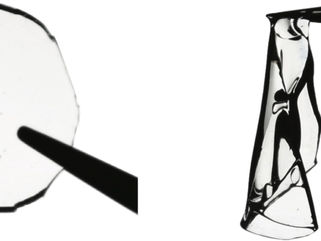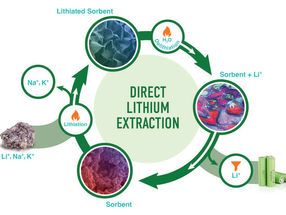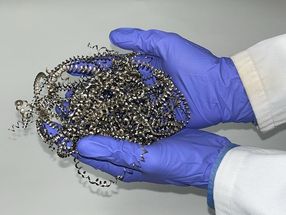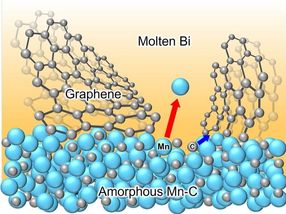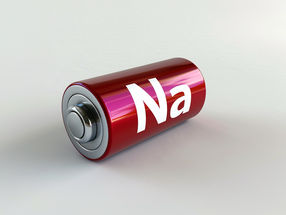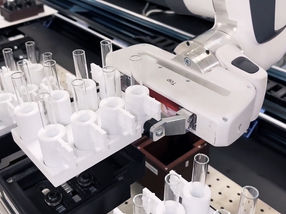A polymer that puts plastic on a better path toward recyclability
Researchers have developed a family of synthetic polymers that can be repeatedly recycled, an important feat because current efforts to recycle plastic are so limited. Globally, the production of plastic has increased to the point where output is expected to exceed 500 million metric tons by 2050. While most plastics are produced for single-use applications, these materials will persist in the environment for centuries.
There has been a substantial effort to develop biodegradable plastics, through use of polymers designed to be decomposable; however, once degraded, the chemical building blocks cannot be recovered. Meanwhile, mechanical approaches to reusing existing plastic tend to degrade the quality of constituent polymers. Chemical recycling is therefore a highly desirable approach, where a polymer can be broken down into monomer building blocks that can be purified and repolymerized. Here, Jian-Bo Zhu and colleagues took an existing polymer that exhibited several qualities amenable to recycling, and improved it by removing a ring at a particular location along the molecule. They then identified two different catalysts that, at sufficiently high or low temperatures, can break down this polymer into constituent monomers with great efficiency (about 85%), at which point the monomers can be reused.
In a related Perspective, Haritz Sardon and Andrew P. Dove write, "Studies such as that of Zhu et al., in which disposed plastics can be infinitely recycled without deleterious effects on their properties, can lead to a world in which plastics at the end of their life are not considered as waste but as raw materials to generate high-value products and virgin plastics."
Original publication
Most read news
Original publication
Jian-Bo Zhu, Eli M. Watson, Jing Tang, Eugene Y.-X. Chen; "A synthetic polymer system with repeatable chemical recyclability"; Science; 2018
Topics
Organizations
Other news from the department science

Get the chemical industry in your inbox
From now on, don't miss a thing: Our newsletter for the chemical industry, analytics, lab technology and process engineering brings you up to date every Tuesday and Thursday. The latest industry news, product highlights and innovations - compact and easy to understand in your inbox. Researched by us so you don't have to.
